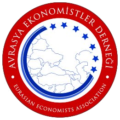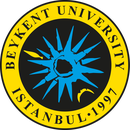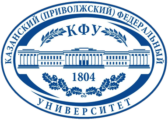
International Conference on Eurasian Economies
9-11 September 2015 – Kazan, RUSSIA
Paper detail
Paper ID : 1381
Status : Paper published
Language : English
Topic : Sectoral Analyses
Presenter: Prof. Dr. Ahmet İncekara
Session : 2B Microeconomics
Reverse Innovation Strategy: Local Technology Production Management Performance Booster Demand Trend Analysis
Reverse Innovation Strategy: Local Technology Production Management Performance Booster Demand Trend Analysis
- Prof. Dr. Ahmet İncekara (İstanbul University, Türkiye)
- Assoc. Prof. Dr. Elif Haykır Hobikoğlu (İstanbul University, Türkiye)
Abstract
It was the most important condition of the competition in the information society to create high added value products. Additionally, the products with high added value are composed of the differentiated products that find the living area through the innovation leaded by the creativity. The innovation concept has been mostly perceived as developed country qualification. On the other hand, the reverse innovation provides opportunity for marketing the innovations belonged to the developing markets to entire world. The reverse innovation provides the extension of the market by reaching to the large population composed of people who cannot benefit from high developing countries. While the reverse innovation has been conveying the less qualified product and services that accomplish the same activity and provide cost advantage to the markets that have been developing but could not reach the product and services, it does not decrease the high quality product sales. It has reviewed the trend factors that define the telephone preferences providing local price advantage towards establishing the reverse innovation strategy by reviewing the demand structure of the mobile phone in the working telecommunication market.
JEL codes: O31, J20, A13
İncekara, Ahmet, Haykır Hobikoğlu, Elif (2015). "Reverse Innovation Strategy: Local Technology Production Management Performance Booster Demand Trend Analysis" in Proceedings of International Conference of Eurasian Economies 2015, pp.202-208, Kazan, RUSSIA.
DOI: https://doi.org/10.36880/C06.01381





